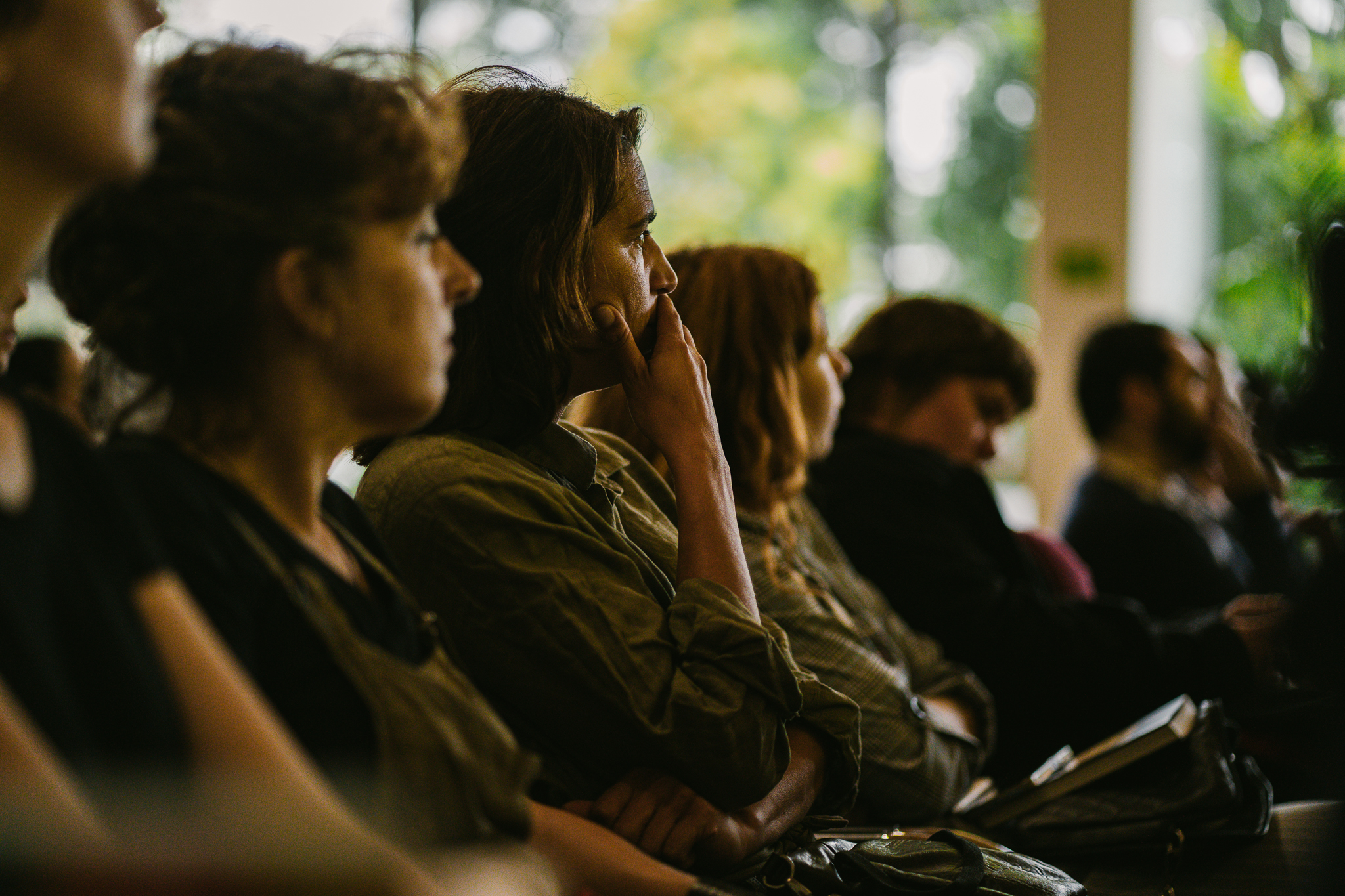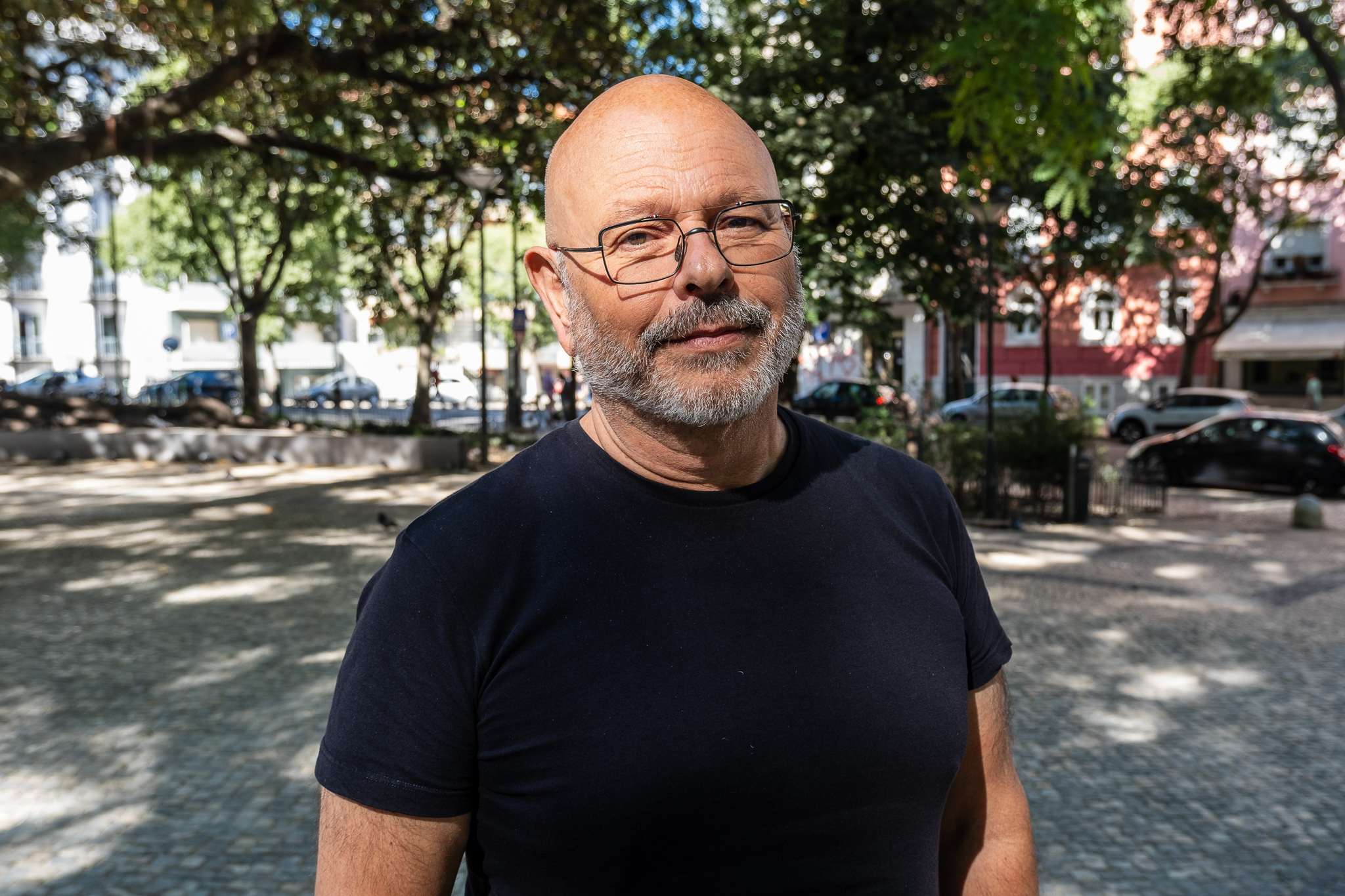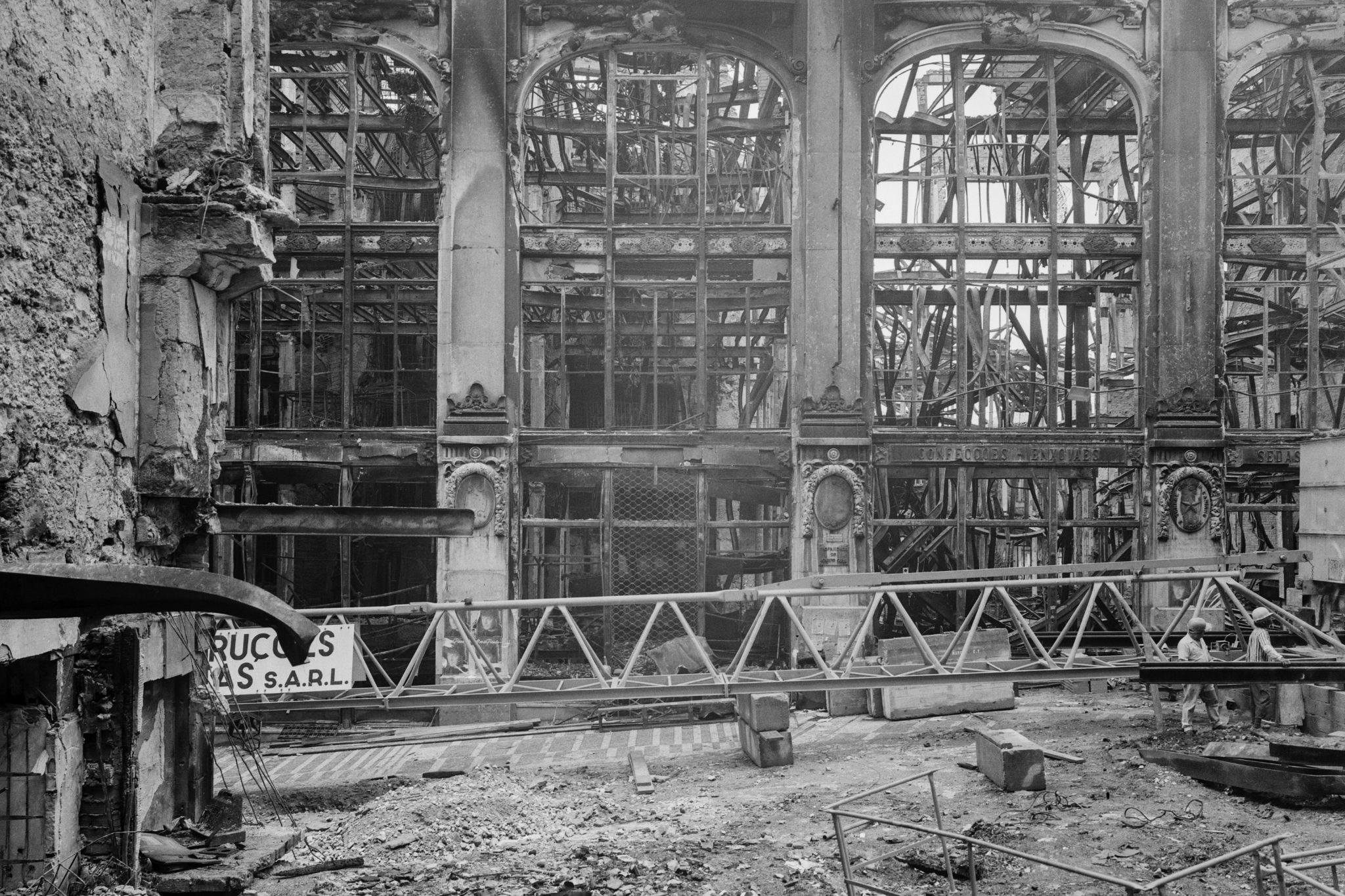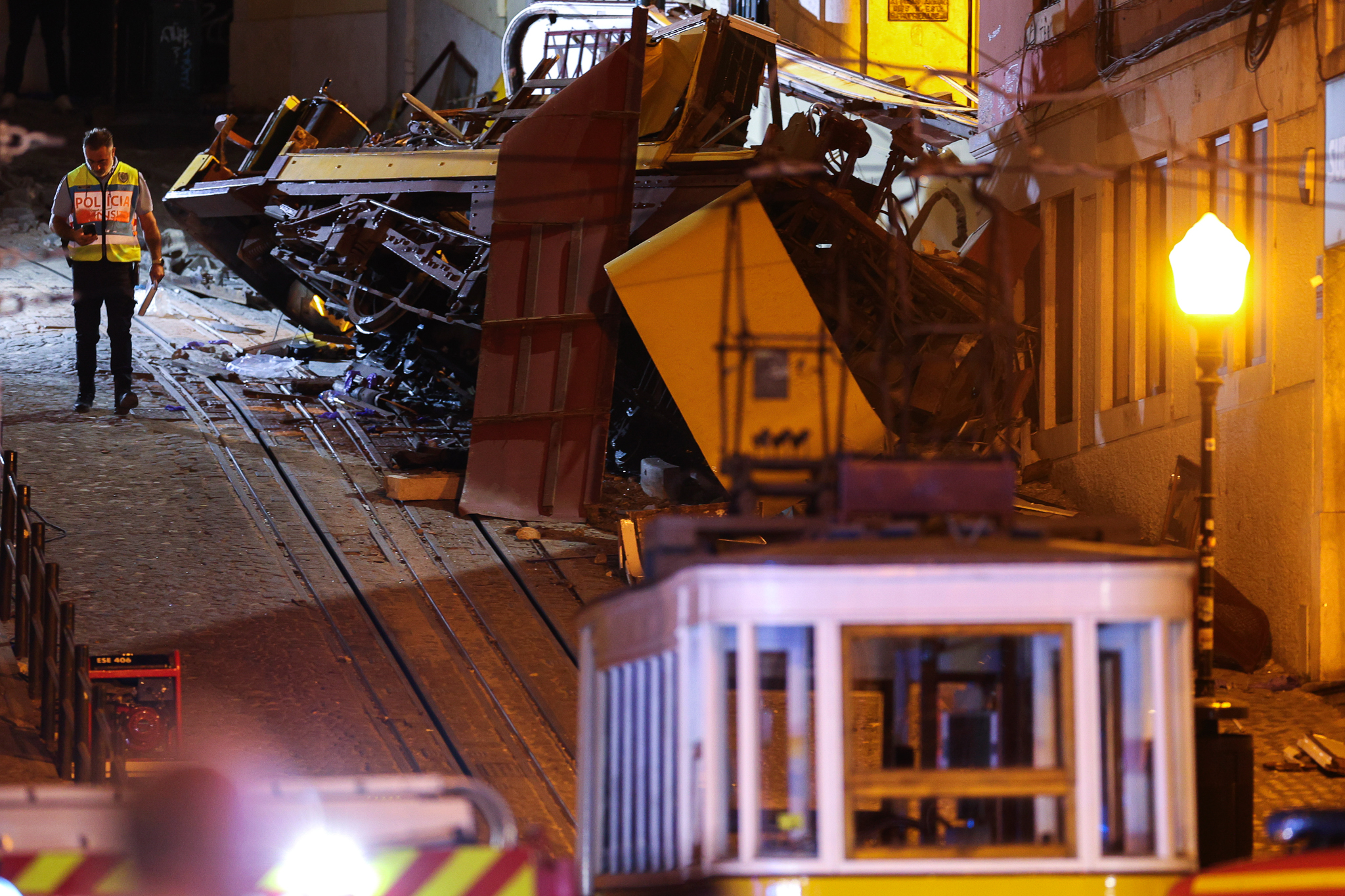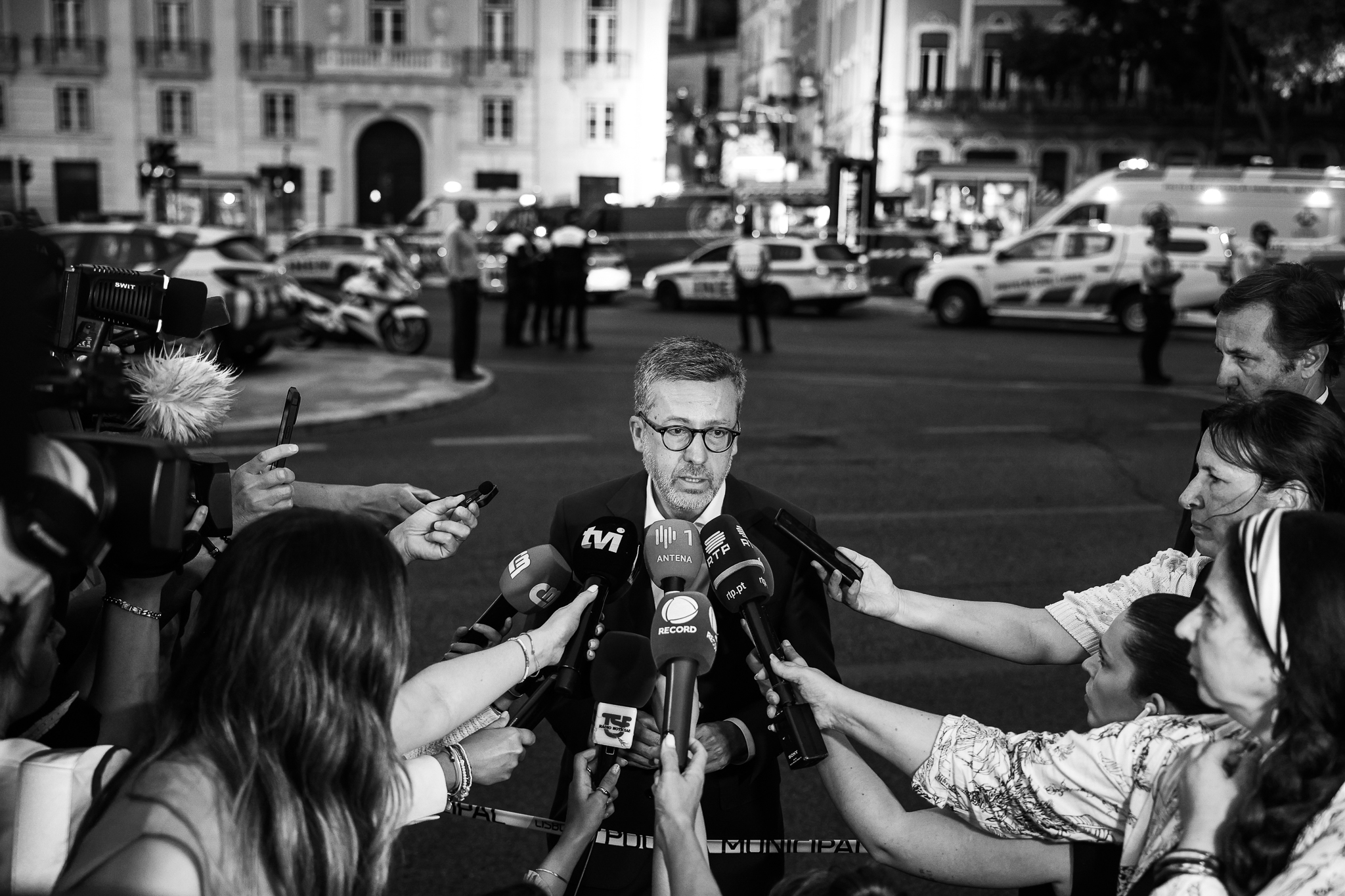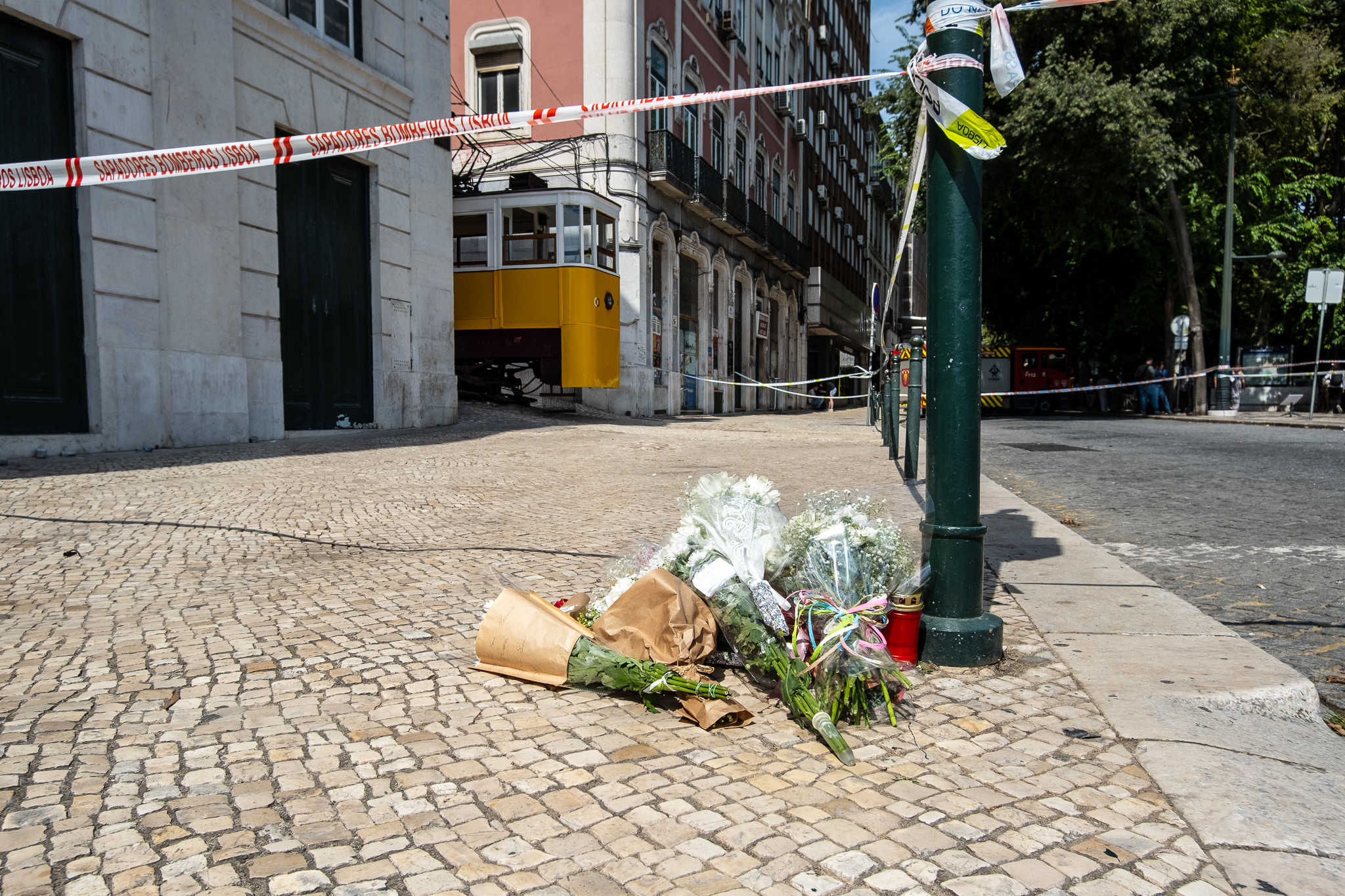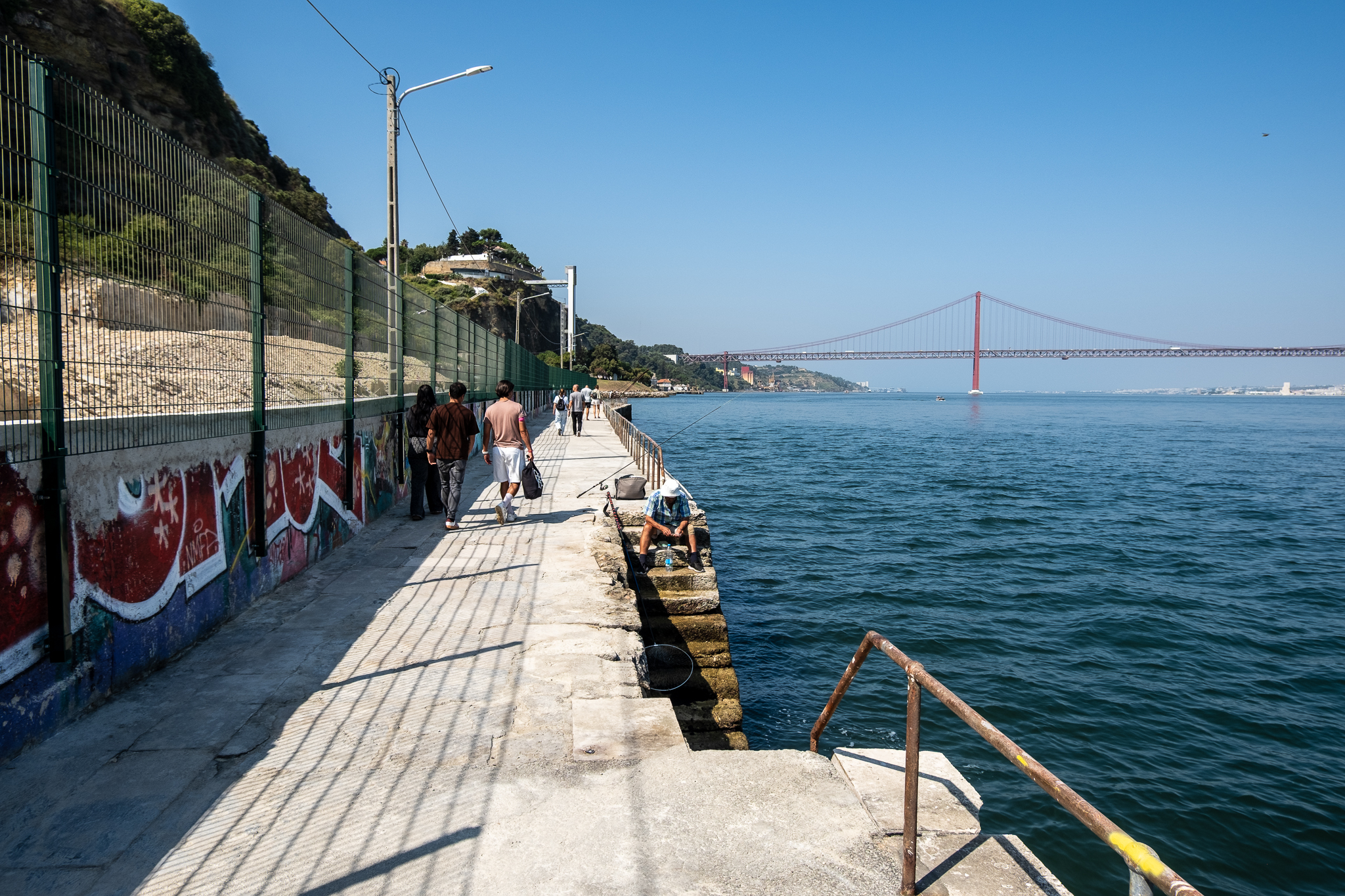A cooperativa Bicicultura está a constituir um Conselho de Crianças para que elas possam ter voz na cidade de Lisboa e trabalhar em ideias, com um orçamento próprio. A primeira sessão deste Conselho decorreu no âmbito do projecto internacional Bicycle Heroes.

Costuma dizer-se que as crianças são os cidadãos do futuro mas, na verdade, elas podem ser activas já no presente – podem ser ouvidas e envolvidas nas decisões que os adultos tomam e que também as afectam, como o desenho das ruas onde vivem, caminham e brincam. Por isso, a cooperativa Bicicultura quer constituir um Conselho de Crianças permanente dentro da sua estrutura. “Um núcleo só de crianças e liderado por elas, onde elas possam treinar os processos participativos e a tomada de decisões em grupo. Onde possam aprender a expor ideias, a chegar a consensos, a decidir e a gerir o orçamento disponível”, completa Ana Pereira, representante da Bicicultura.
A ideia de Ana é que esse Conselho de Crianças possa autonomamente apresentar ideias para a rua, para o bairro ou para a cidade inteira. “Vamos ter um orçamento alocado, que elas poderão esticar. Essa gestão de orçamentos também vai fazer parte do processo de aprendizagem”, explica Ana. Sendo a Bicicultura uma cooperativa focada na promoção da bicicleta no espaço urbano, é expectável que o trabalho deste Conselho de Crianças se centre nas questões de mobilidade e espaço público, com as duas rodas sempre presentes. “Podem ser ideias de fruição, como gastar o orçamento todo em passeios de bicicleta pela cidade. Mas também propostas para os pais ou mães desfrutarem eles próprios da bicicleta, se for o desejo delas.” Ou podem ser ideias para promover o uso e a cultura da bicicleta entre os pares. O importante é permitir que as crianças possam decidir colectivamente.


O Conselho de Crianças pode também ter uma palavra a dizer sobre cada um dos vários projectos da Bicicultura – como é o caso dos Comboios de Bicicleta para a escola. “Queremos ter dentro da cooperativa um departamento representativo das crianças, para que, em todos os projectos que pensarmos iniciar ou que já estiverem a decorrer, possamos envolvê-las e perguntar-lhes o que acham ou como aquele projecto poderia ser mais interessante e inclusivo para elas”, detalha Ana. “Queremos que as crianças se habituem a ser ouvidas e que nós possamos, dessa forma, enriquecer o trabalho que estamos a fazer, aumentando a diversidade etária.”
Ana Pereira ainda tem muitas dúvidas sobre como este Conselho de Crianças pode funcionar na prática e os detalhes estão ainda a ser trabalhados. Mas a ideia está lançada e há uma grande certeza na cabeça de Ana: iniciativas destas, que trabalhem a cidadania activa junto das crianças, podem incutir bons hábitos de participação para o futuro. Liliana Madeira, da APSI, da Associação para a Promoção da Segurança Infantil (APSI), concorda: “É importante começarmos a criar esta cultura de participação desde pequenos. Se as crianças se habituarem a ir às assembleias apresentar as suas ideias e a discuti-las, é um hábito muito bom que ganham para um futuro muito mais participado.” No fundo, o Conselho de Crianças pode funcionar como uma escola de democracia e cidadania, que ensine aos mais pequenos como participar nos temas da cidade e estimule a sua criatividade.

Ana e Liliana estiveram este ano a trabalhar no projecto internacional Bicycle Heroes, do qual falámos aqui, e foi nele que se inspiraram para o lançamento do Conselho de Crianças. Definido por uma associação holandesa, a BYCS, o Bicycle Heroes foi importado para Lisboa pela Bicicultura e APSI, e decorreu ao longo de 2022 com várias acções com crianças.
A última iniciativa do Bicycle Heroes consistiu precisamente numa pequena experiência de Conselho de Crianças – durante uma tarde de domingo, no final de Novembro, numa sala na Junta de Freguesia de Arroios, miúdos e miúdas com idades entre os 6 e 10 anos trabalharam sob problemas e soluções relacionados com a cidade e a bicicleta. À sua frente, tinham grandes folhas A3 com problemas identificados em sessões anteriores, e podiam associar a cada problema soluções – fossem as que já estavam escritas em pequenos papelinhos (e que vieram também de brainstormings anteriores), fossem as que as crianças no momento escrevessem ou desenhassem.
A sessão terminou com a apresentação das diferentes ideias aos adultos presentes na sala; além de pais e mães das próprias crianças, estavam adultos do Instituto da Mobilidade e dos Transportes (IMT) ou da MUBi – Associação pela Mobilidade Urbana em Bicicleta, por exemplo, mas também das Câmaras Municipais de Lisboa e da Amadora.


Segundo Ana e Liliana, o desenvolvimento do Bicycle Heroes contou com algumas adversidades, como uma dificuldade em segurar as crianças de umas actividades para as outras (o projecto foi contando com caras novas ao longo do seu decurso) e um calendário demasiado largo, que levou a que as diferentes acções realizadas perdessem a ligação entre si. Mas esta experiência permitiu-lhes perceber como podem adaptar o conceito de cidadania infanto-juvenil à realidade portuguesa e ao contexto local de cada freguesia ou município. “Estamos a terminar um projecto mas estamos a iniciar uma nova forma de trazer as voz das crianças para aquilo que é o desenho da cidade”, diz Liliana, acrescentando que às crianças deve ser dada espaço e oportunidade para imaginarem a sua cidade e a discutirem com as pessoas que a desenham, constroem e modificam. “Temos de ir criando soluções. Às vezes essas soluções ainda não são perfeitas ou estão incompletas, e podem ser agregadas a outras ideias. E podemos ir juntando ideias e formas para irmos construindo uma cidade que seja muito boa para andar de bicicleta, por exemplo.”


Esse trabalho de fomentar crianças mais activas e participativas é um esforço “cultural” que pode começar “ao nível da escola”, aponta Liliana, onde os mais pequenos podem aprender a “organizar a sua informação, a representar as ideias dos vários colegas, e a partilhar essas ideias junto de um colectivo”. Ao mesmo tempo, pode haver do lado das associações e cooperativas locais verbas para as crianças concretizarem os projectos que idealizaram – isso permite-lhes também perceber o que é ter um orçamento, o que é estar limitado por ele e “o que é que podemos fazer para conseguirmos a verba necessária para fazermos aquelas coisas que queremos fazer mas para as quais o dinheiro disponível não chega”. “Isto é a realidade de todos nós, adultos”, aponta a responsável da APSI.



O Conselho de Crianças que Ana está montar na Bicicultura vai permitir expandir o trabalho desenvolvido no Bicycle Heroes e será, tal como neste projecto, mais direccionado para os assuntos da mobilidade e da bicicleta; mas Liliana admite que este conceito possa ser alargado a outros temas. Ou seja, podem existir diferentes grupos de trabalho de crianças para diferentes temas e depois esses grupos podem ter assento nas assembleias de cada freguesia ou município. “Com o Bicycle Heroes estivemos a trabalhar com Lisboa e Amadora, mas queremos expandir para outros municípios e também freguesias, e termos em cada um deles crianças que possam ser heróis locais.” Por agora, Bicicultura e APSI ainda vão fazer um balanço mais aprofundado do Bicycle Heroes e perceber qual a melhor metodologia para o futuro Conselho de Crianças (a APSI admite voltar a colaborar com a Bicicultura neste projecto) e como pode funcionar o tal departamento infanto-juvenil na Bicicultura.
Contudo, apesar de este ser um projecto ainda em construção, os adultos interessados já podem inscrever as suas crianças através deste formulário. O Conselho estará aberto jovens e crianças a partir dos 6 anos de idade, e a participação será gratuita. Tal como referido, os mais pequenos contarão com um orçamento próprio e vão ainda ter ajuda de adultos voluntários a intervir apenas como facilitadores. O Conselho de Crianças que venha a ser criado pela Bicicultura pode dialogar com as dinâmicas já existentes nos municípios ou freguesias. Em Lisboa, arrancou este ano o Conselho de Cidadãos, um órgão consultivo com o intuito de apresentar e de propor ideias à Câmara Municipal, mas para participar é preciso ter pelo menos 16 anos. Já na Assembleia Municipal de Lisboa iniciou-se este ano o projecto da Assembleia de Crianças; já foram realizadas duas sessões até agora.

Do Conselho de Crianças que encerrou, no final de Novembro, o projecto Bicycle Heroes em Lisboa, surgiram ideias como a realização de passeios de bicicleta onde as crianças possam pedalar descontraidamente com os seus amigos (uma espécie de “Comboios de Bicicleta de fim-de-semana”), um serviço de empréstimo de bicicletas nas escolas para que os amigos que não têm uma, capas estilosas para aqueles dias mais de chuva, ou mais “vales do silêncio” – ou seja, parques sossegados e ao mesmo tempo capazes de oferecer diferentes actividades. Ideias que os adultos presentes na sala apontaram e que, talvez, se venham a concretizar – ou que podem ser pontos de partida para novos Conselhos de Crianças.

